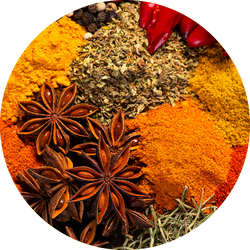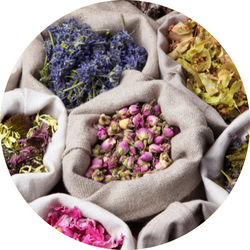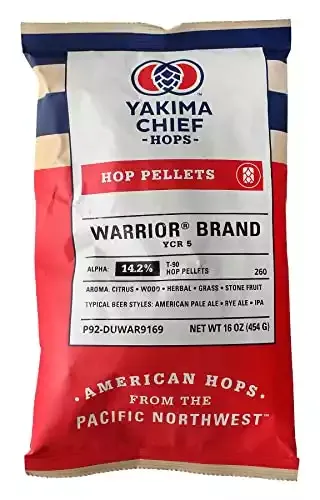Warrior hops, known for their high alpha acid content and high yield, were developed by Select Botanicals Group and Yakima Chief Ranches in Washington’s Yakima Valley. Originating from the same breeding program as the popular Simcoe hop, this variety is appreciated for its resistance to powdery mildew and excellent storage stability. Warrior hops have garnered a solid following, particularly among brewers looking to create intense and bitter beer styles.
Flavor-wise, Warrior hops offer a unique and well-rounded aroma and flavor profile that includes grapefruit, lemon, pineapple, and sweet basil notes. The high myrcene oil content contributes to its piney and zesty character.
Warrior hops are versatile and can be used in American IPAs, Imperial Stouts, Pale Ales, Barleywines, and Double IPAs.
| Usage: | Bittering |
| Country of Origin: | United States |
| Hop Growers Code: | WAR YCR 5 |
Where To Buy Warrior Hops
Warrior Flavor And Aroma
Warrior is a bittering hop that is often described to have the following aroma characteristics:

citrus

spice

herbal
Warrior Hop Oil Breakdown
Hop oils can vary from year to year and farm to farm but based on our research, here are the typical values we have seen reported. This information comes from various hop farms, The Hop Aroma Compendium, and For The Love Of Hops.
| Alpha Acid % (AA) Alpha acids are what is isomerized when boiling to create bitterness in beer. | 14.5% – 18% |
| Beta Acid % Beta acids are what give hops their more aroma and flavor compounds. | 4.3% – 6% |
| Alpha-Beta Ratio This ratio of alpha acids to beta acids determines how quickly bitterness fades during aging. Lower ratios are common for aromatic varieties. | 2:1 – 4:1 |
| Co-Humulone as a % of Alpha Higher numbers are said to impart a harsher bitterness. | 22% – 28% |
| Total Oils (mL/100g) With more total oils, typically comes a more complex hop profile but these are highly volatile compounds. | 1mL – 2mL |
| Myrcene green, resinous | 40% – 50% |
| Humulene woody, piney | 15% – 20% |
| Caryophyllene woody | 8% – 11% |
| Farnesene floral | 0% – 1% |
| Other Oils: Includes beta-ionine, beta-pinene, limonene, linalool, geranoil & selinene | 17% – 34% |
| Hop Storage Index (HSI) The HSI indicates the percent of alpha and beta acids lost after 6 months of storage at room temperature (68°F or 20°C). | Retains 76% alpha acid after 6 months storage at 20ºC (68ºF). |
| Hop Storage Index (HSI) Rating | Good |
Warrior Hop Substitutions
Replacing one hop for another is seldom straightforward but sometimes you don’t have the right hop or the right quantity of hops for the beer you want to make. For those situations, we have made a comprehensive list of hops to substitute on brew day.
These substitutions aren’t perfect as hop chemistry is pretty complex.
We wanted to make this list of substitutions with varietals that are easy to find when possible. For Warrior, we recommend substituting with the following hops:
Beer Styles
For the most part, any hop could have a place in just about any beer style. Based on popular beers, historical usage, and our own preferences, we would recommend using Warrior for IPA, New England IPA, Pale Ale, Wheat Beer, Golden Ale. That being said, experiment and see what works best for you.
References
https://www.hopslist.com/
https://www.ars.usda.gov/
https://www.brewersassociation.org/
https://www.barthhaasx.com/
https://www.yakimachief.com/
Hieronymus, Stan. For The Love of Hops. Brewers Publications, 2012
The Hop Aroma Compendium. 2012


